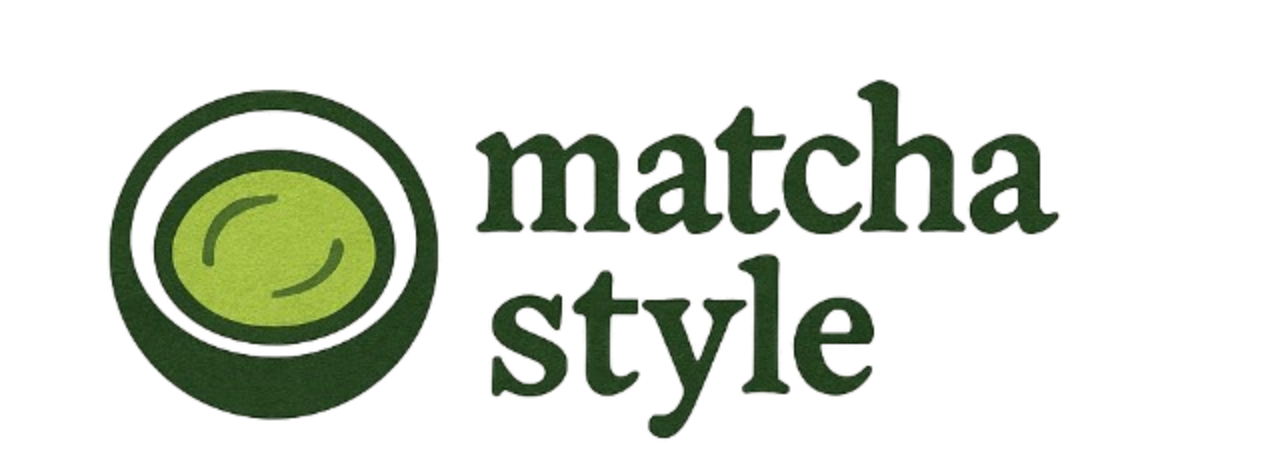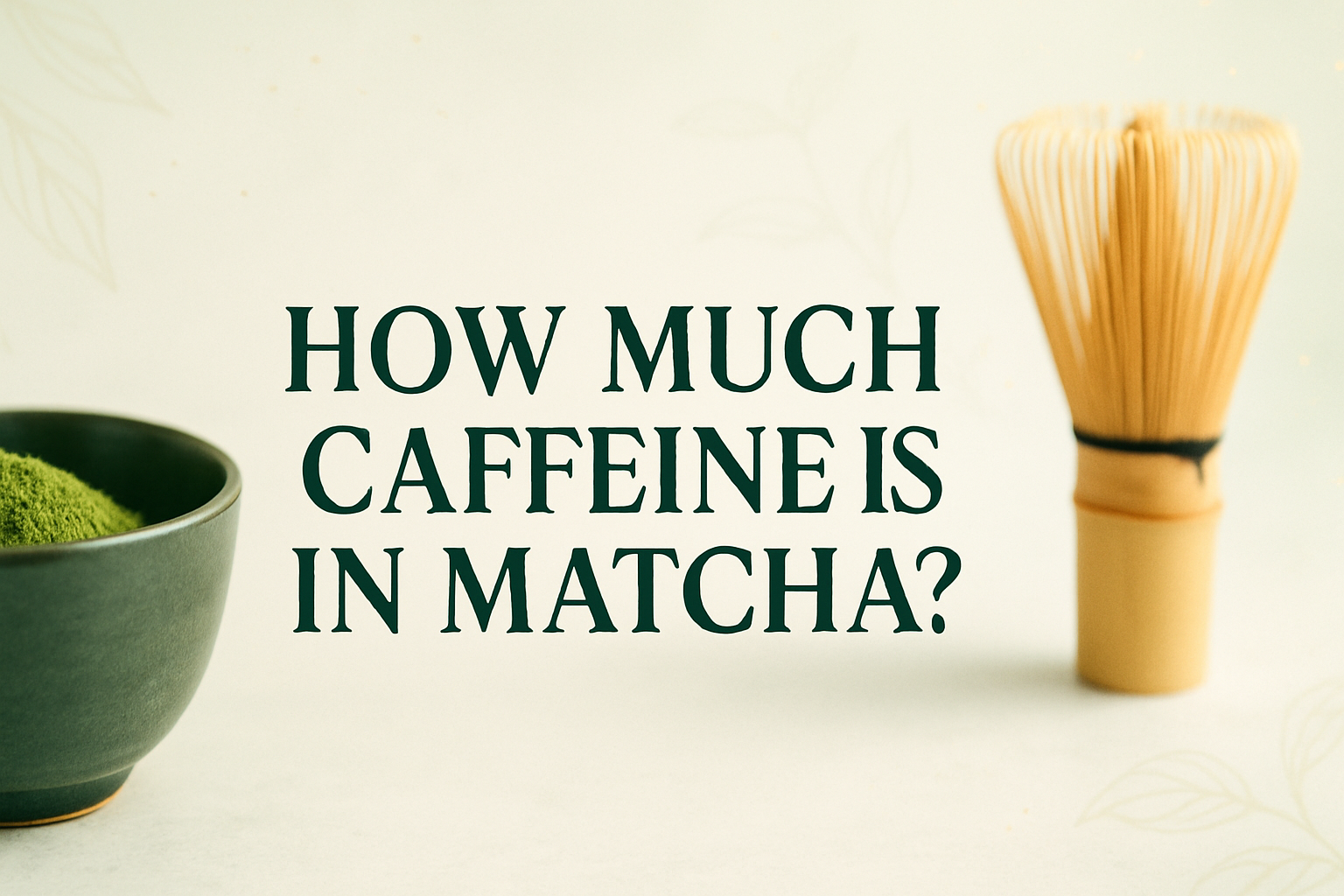Yes, matcha is packed with caffeine! A typical serving, made with about one teaspoon (2 grams) of powder, has anywhere from 35 to 70 milligrams of caffeine. The exact amount can change depending on the quality of the tea and how much powder you use. Because you drink the entire powdered leaf, you get more caffeine than you would from a regular steeped green tea. This is part of what makes matcha so special!
- Matcha vs. Coffee: The Caffeine Showdown
- The Secret Behind Matcha’s Unique Energy
- What is L-Theanine and How Does It Work?
- What Changes the Caffeine Level in Matcha?
- More Than Energy: Health Benefits of Matcha
- Can You Have Too Much Matcha?
- How to Make the Perfect Cup of Matcha
- Is There Such a Thing as Decaf Matcha?
- Who Is Matcha Perfect For?
Matcha vs. Coffee: The Caffeine Showdown
So, how does matcha stack up against coffee? A standard 8-ounce cup of coffee usually has 95 milligrams of caffeine or more. On paper, coffee looks stronger, but the way matcha delivers energy is completely different. Instead of the sudden jolt and crash coffee can cause, matcha offers a smooth, sustained lift. It’s a gentle, steady energy that lasts for hours, keeping you focused without the frantic buzz.
The Secret Behind Matcha’s Unique Energy
What’s matcha’s secret weapon? It’s all in its unique chemical makeup. Unlike coffee, matcha contains a powerful amino acid called L-theanine. This amazing compound works with caffeine to create a feeling of calm alertness. It balances the caffeine’s stimulating effects, which is why matcha helps you focus without the jitters or anxiety that coffee can sometimes cause. The result is an energy that feels both calm and uplifting.
What is L-Theanine and How Does It Work?
L-theanine is a special amino acid found almost exclusively in tea plants. It’s famous for its ability to help your brain enter a state of relaxed focus—often called “alpha waves.” When you combine L-theanine with caffeine, it smooths out the jitters and prevents the dreaded energy crash you might get from coffee. This powerful duo is what makes matcha a favorite for everything from productive work sessions to mindful meditation.
What Changes the Caffeine Level in Matcha?
Not all matcha is the same, and a few things can change its caffeine content.
- Grade: Ceremonial grade matcha, made from the youngest tea leaves, usually has more caffeine and L-theanine. Culinary grade might have a little less.
- Amount: This one’s simple—the more powder you use, the more caffeine you’ll get!
- Water Temperature: The heat of your water can affect how many compounds are extracted, including caffeine.
More Than Energy: Health Benefits of Matcha
Matcha offers so much more than just a clean energy boost. It’s loaded with powerful antioxidants called catechins, and the most famous one is EGCG (epigallocatechin gallate). These antioxidants help protect your body from damage and support your overall health. Plus, the tag team of caffeine and L-theanine has been shown to improve brain function, sharpening your memory and attention.
Can You Have Too Much Matcha?
While matcha is incredibly healthy, it’s always good to listen to your body. Drinking too much can lead to the same side effects as excess caffeine from any source, like trouble sleeping or an upset stomach. The good news is that L-theanine helps soften these effects, making them less likely than with coffee. If you’re sensitive to caffeine, start with a small serving to see how you feel.
How to Make the Perfect Cup of Matcha
Getting your matcha right is key to unlocking its amazing flavor and benefits. For the best results, use a traditional bamboo whisk (a chasen).
- Sift one teaspoon of matcha powder into a bowl to get rid of any clumps.
- Add a little hot water—but not boiling! Aim for around 175°F or 80°C.
- Whisk fast in a zigzag “W” motion until you see a beautiful, creamy froth on top.
Using water that’s too hot can make your matcha taste bitter, so keep it just right!
Is There Such a Thing as Decaf Matcha?
Yes, you can find decaf matcha! It’s a great option if you’re very sensitive to caffeine but still want to enjoy the taste and some of the benefits. However, there’s a trade-off. The decaffeination process can sometimes remove some of the healthy compounds and change the flavor. Also, “decaf” products almost always contain a tiny amount of caffeine, so they aren’t 100% caffeine-free.
Who Is Matcha Perfect For?
Matcha is a fantastic choice for anyone looking for a clean, sustained energy boost without the harsh side effects of coffee. It’s perfect for:
- Students and professionals who need to stay focused for long periods.
- Anyone who gets anxious or jittery from coffee but still wants an energy lift.
- Health-conscious individuals who want the amazing antioxidant benefits.
If you’re looking for mental clarity and a boost of nutrients, matcha might be your perfect match!



